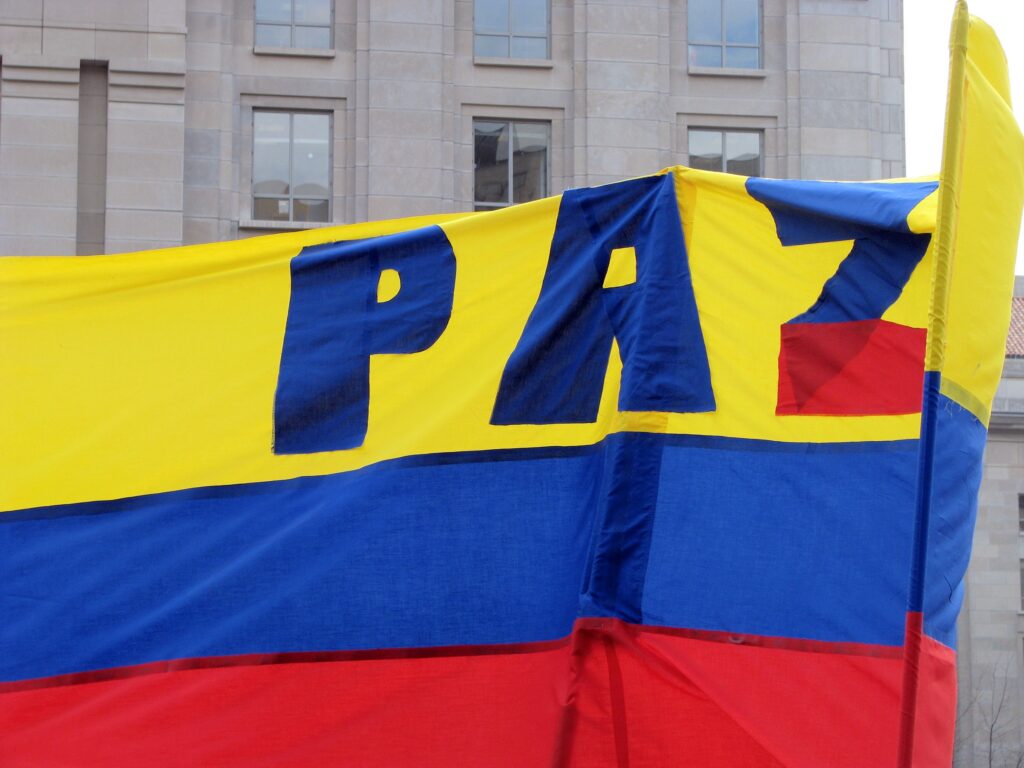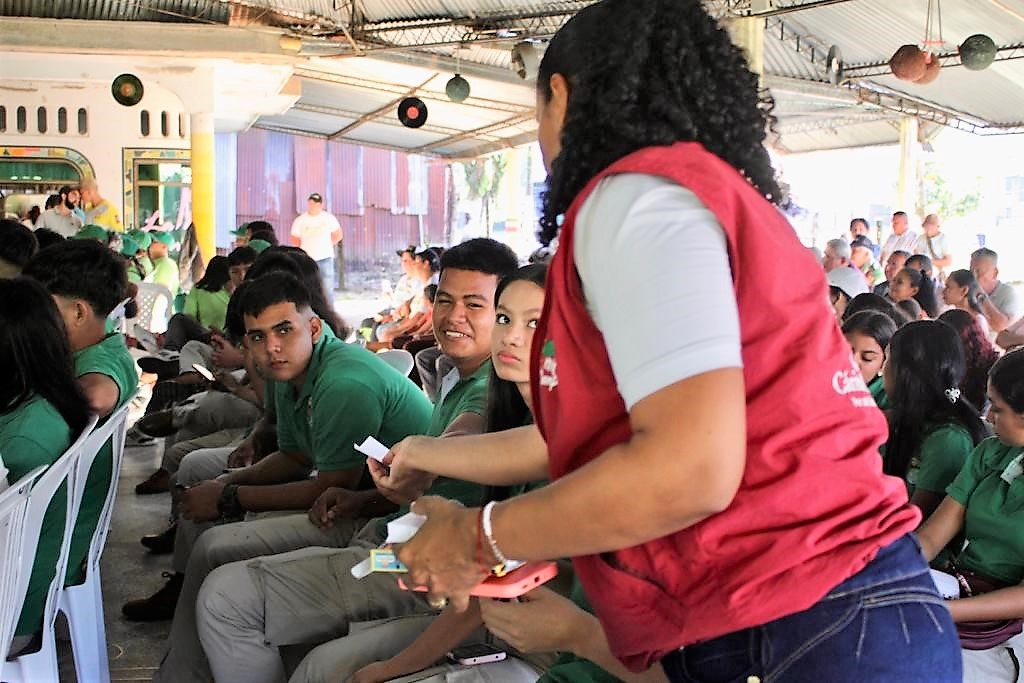Colombia: Local elections test peace deal

The holding of local elections in Colombia on October 29 will be an important test for the government's ambitious peace policy "Paz Total".
So far, the conflicts between the country's many armed groups have not ceased, and the population is bearing the humanitarian consequences. A new report also shows that the country remains the world's most dangerous for human rights defenders .
In recent months, ceasefires have been signed with the country's two largest guerrilla groups – ELN and EMC-FARC (also referred to as FARC dissidents), partly with Norwegian support. In addition, the government has made important progress in negotiations with other armed groups, including in Buenaventura, Quibdo and Medellín. This has resulted in a decrease in the murder rate in these cities of 40 to 60 percent .
But the security situation is still untenable in several parts of the country. Although ceasefires have reduced fighting between guerrillas and security forces, clashes between groups continue. If the level of violence is not reduced, the local elections risk being the most violent in over 20 years. Much is therefore at stake, not only for the peace process, but also for the country's democratic development.

Land reform
When Gustavo Petro took power as the country's first left-wing president in August 2022, he promised to implement the goals of the peace agreement, which was signed with the FARC guerrillas in 2016. In particular, the part of the agreement that deals with land reform, i.e. a more equitable distribution of agricultural land. In contrast to the previous one, the Petro government supports the work on transitional justice, where the purpose is to hold the various parties to the conflict accountable, bring the voices of the victims to the fore and restore justice. The recommendations in the truth commission reports will be used as a basis for further peace efforts.
Environment and peace are interconnected
With the new government, Colombia has also received its first ever national development plan based on input from the population. The plan shows that peace, food security , rural development and environmental issues are interconnected and must be solved together. Therefore, reducing deforestation has a high priority in the government. According to the country's Ministry of the Environment, there was a decrease of almost 30 percent in 2022 compared to the previous year, and it seems that the result will be even better this year. The largest reduction took place in guerrilla-controlled areas. This shows that it can only be stopped by finding political solutions to the armed conflicts. And peace policy has a greater chance of success if natural resources are managed sustainably. This is the basis for the new peace negotiations.
The Church as a Peacebuilder
People and local communities are involved in the national and regional dialogues to ensure anchoring and support for peace efforts. The Catholic Church and Caritas an important role. During the election campaign, for example, Caritas , with support from the Ministry of Foreign Affairs and the Norwegian Embassy, facilitated a series of meetings between local people and candidates running in some of the country's most violence-ridden areas. Topics such as lasting peace, food security , forest conservation and land reform have been put on the political agenda, with the aim of contributing positively to the implementation of the peace agreement.
The Church is present in most formal and informal meetings between the armed groups and the government, and in the communities in the most conflict-torn areas of the country. In the short term, the aim is to reduce the level of violence and humanitarian suffering, but in the longer term, the various peace negotiations also open up new opportunities for the authorities to implement their development and environmental policies.
The challenges are great, but the government's will for peace and the courage and steadfastness of local organizations give reason for hope. Caritas Norway will continue to support Colombia on the path towards lasting peace and a more just society.